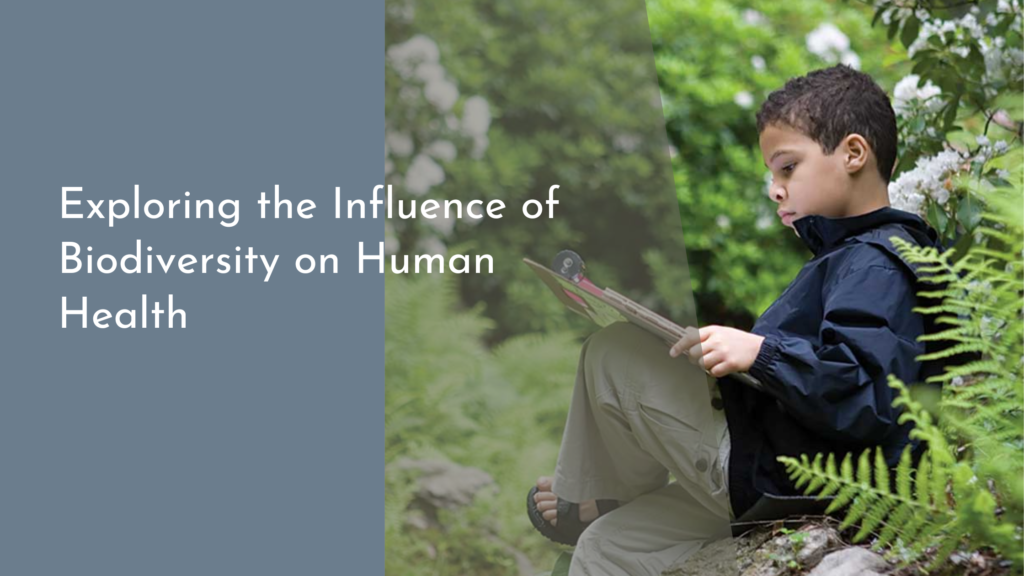How Urban Forestry Encourages Local Organic Markets
Urban environments are often perceived as concrete jungles, but the rise of urban forestry is transforming these landscapes into thriving ecosystems. By planting trees and cultivating green spaces, cities are not only enhancing their aesthetic appeal but also fostering communities that support local organic markets. As urban forestry initiatives grow, they create a symbiotic relationship between the environment and local economies, leading to a more sustainable and healthy urban lifestyle. This article explores how urban forestry encourages local organic markets through interconnectedness, community involvement, and sustainable practices.
The Green Revolution: Urban Forestry’s Impact on Communities
Urban forestry has emerged as a transformative movement, revitalizing urban landscapes and enhancing the quality of life for residents. By integrating trees and green spaces into city planning, communities benefit from improved air quality, reduced heat, and increased biodiversity. These green corridors serve as vital habitats for wildlife while also providing residents with serene spaces for recreation and relaxation. The presence of trees has been shown to foster social interactions, create a sense of belonging, and strengthen community ties, ultimately contributing to a more cohesive urban society.
In addition to their environmental benefits, urban forests play a crucial role in promoting public health. Green spaces encourage physical activity, reduce stress levels, and enhance mental well-being. Moreover, urban forestry initiatives often involve community participation, fostering a sense of ownership and responsibility among residents. This engagement not only cultivates a deeper appreciation for nature but also encourages locals to support sustainable practices, such as local organic markets, which thrive in healthier urban environments.
Nourishing Connections: Trees and Local Organic Produce
The relationship between urban forestry and local organic markets is rooted in the fundamental concept of sustainability. Trees help to create a more favorable microclimate for growing organic produce by providing shade, reducing soil erosion, and retaining moisture. This improved environment allows local farmers to cultivate healthier crops, which can be sold directly to consumers at nearby farmers’ markets. The presence of urban forests not only supports agricultural practices but also promotes food security within communities, as residents gain access to fresh and nutritious organic produce.
Furthermore, trees contribute to the creation of vibrant community spaces where local markets can flourish. Parks and green areas often serve as gathering spots for farmers’ markets, providing an inviting atmosphere for vendors and shoppers alike. The natural beauty of these spaces enhances the overall market experience, encouraging locals to engage with their surroundings and learn more about the benefits of organic agriculture. Ultimately, the interconnectedness of urban forestry and local organic markets fosters a deeper appreciation for the food system, leading to healthier communities.
Cultivating Growth: How Urban Forests Boost Farmers’ Markets
Urban forests significantly enhance the success and accessibility of farmers’ markets, which serve as vital platforms for local organic produce. These markets not only provide farmers with a venue to showcase their goods but also create a direct connection between producers and consumers. When urban forests surround farmers’ markets, they draw in foot traffic and encourage community members to explore their local offerings. The ambiance created by greenery helps to create a welcoming environment where shoppers feel inspired to support local agriculture and learn about sustainable practices.
Additionally, urban forestry initiatives often include educational components that promote sustainable farming techniques and the importance of organic food. Workshops, demonstrations, and community events held in green spaces can amplify awareness and appreciation of local products. This education empowers residents to make informed choices about their food sources and encourages them to prioritize organic options. By enhancing the visibility and accessibility of farmers’ markets, urban forests play a pivotal role in cultivating a culture of sustainability and health within urban communities.
A Bountiful Future: Sustainable Cities and Organic Food Trends
As the global population continues to grow, the demand for sustainable urban practices becomes increasingly critical. Urban forestry stands at the forefront of this movement, providing a foundation for organic food trends that prioritize local sourcing and environmental stewardship. Cities that invest in green infrastructure are more likely to support initiatives that promote farmers’ markets and local agriculture, creating a ripple effect that nourishes communities, both socially and economically. This interconnected approach to urban planning helps to counteract the adverse effects of urbanization and leads to healthier, more sustainable living environments.
The future of urban living lies in embracing the principles of sustainability and organic agriculture. With an increasing number of consumers seeking fresh, local, and organic food options, cities that prioritize urban forestry are also cultivating a thriving market for these products. As communities unite around the shared goals of sustainability and healthy living, the potential for growth in local organic markets is boundless. The harmonious relationship between urban forestry and organic food trends promises to create greener, healthier, and more vibrant cities for generations to come.
In conclusion, urban forestry plays a vital role in fostering local organic markets, creating healthier communities, and promoting sustainability in urban environments. By integrating trees and green spaces into city planning, we not only enhance the aesthetic appeal of our neighborhoods but also support local farmers and consumers alike. The synergy between urban forestry and organic agriculture illustrates the importance of nurturing our environment and embracing sustainable practices. As we move toward a more eco-friendly future, the growth of urban forests will undoubtedly continue to inspire and empower local communities, ensuring a bountiful and sustainable tomorrow.

